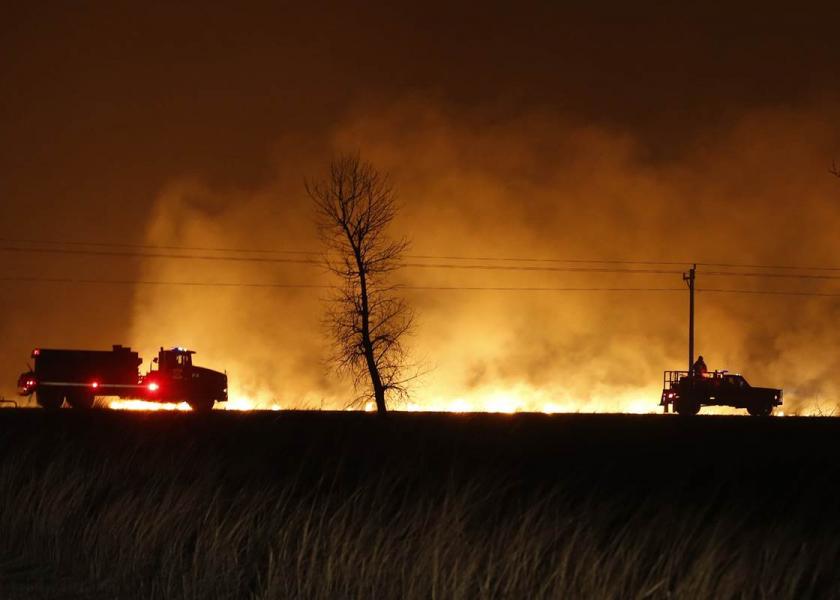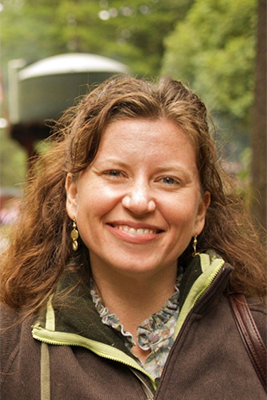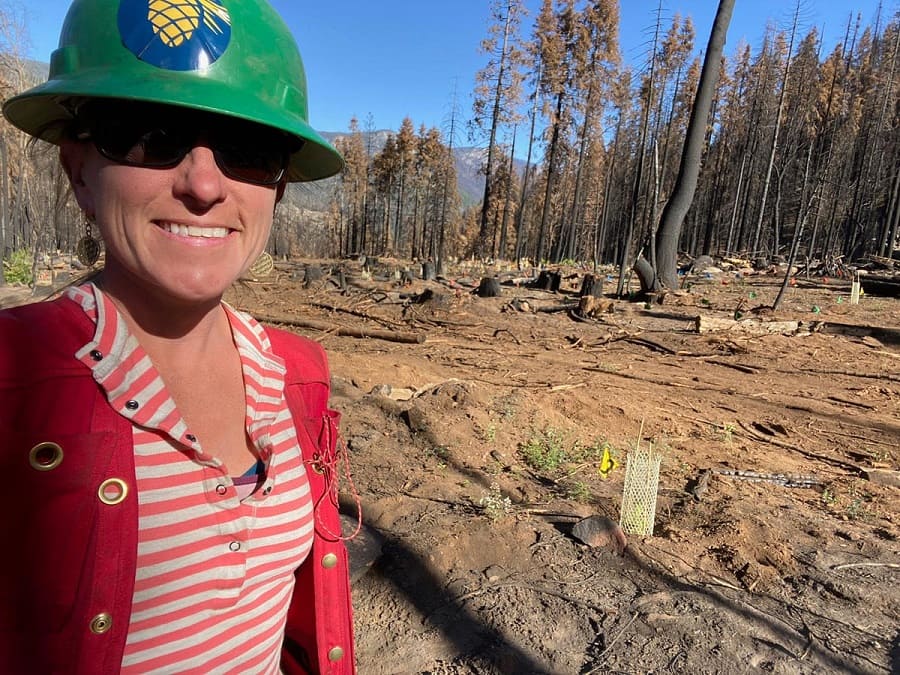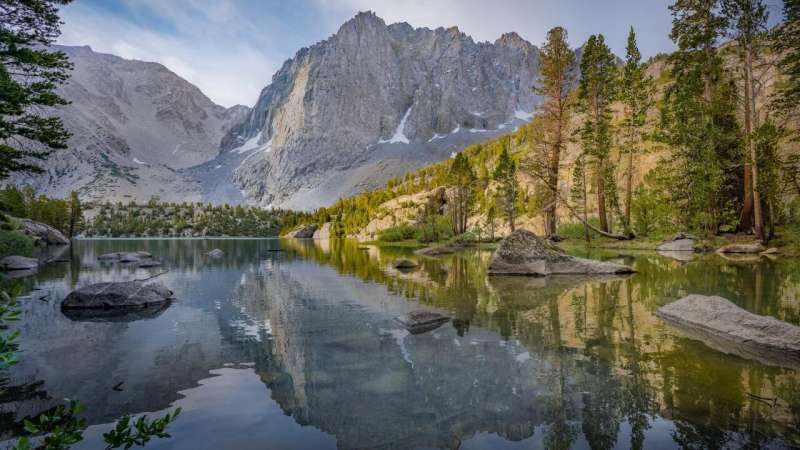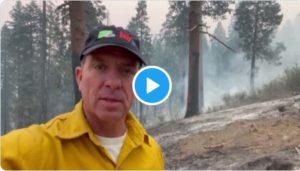Federation of Canadian Municipalities, the group representing more than 2,000 municipalities is asking for billions of dollars from the federal government to help cities and towns protect themselves from climate-related events as wildfires, floods, heat waves and droughts increase in intensity. They said the large sum would help communities become more resilient, reducing property damage and saving lives. The FCM is asking for: $2 billion over three years, followed by at least $1 billion annually starting in 2024-2025, to support disaster mitigation and climate resilience projects for things like wildfire mitigation, drought reduction, flood prevention and restoration of wetlands and shorelines; $100 million annually for 10 years to enhance municipal natural infrastructure by, among other things, letting municipalities purchase forests, wetlands and green spaces; and $500 million over five years to update regional climate modelling and natural hazard maps and to include climate impacts in asset management and infrastructure planning.
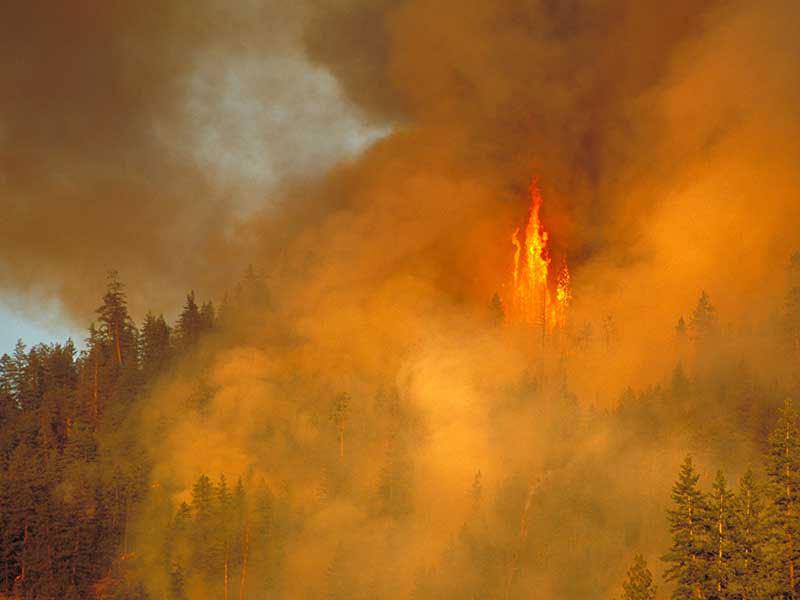






 Comparing B.C. temporarily shedding 400,000 jobs in two months — during a pandemic — with
Comparing B.C. temporarily shedding 400,000 jobs in two months — during a pandemic — with 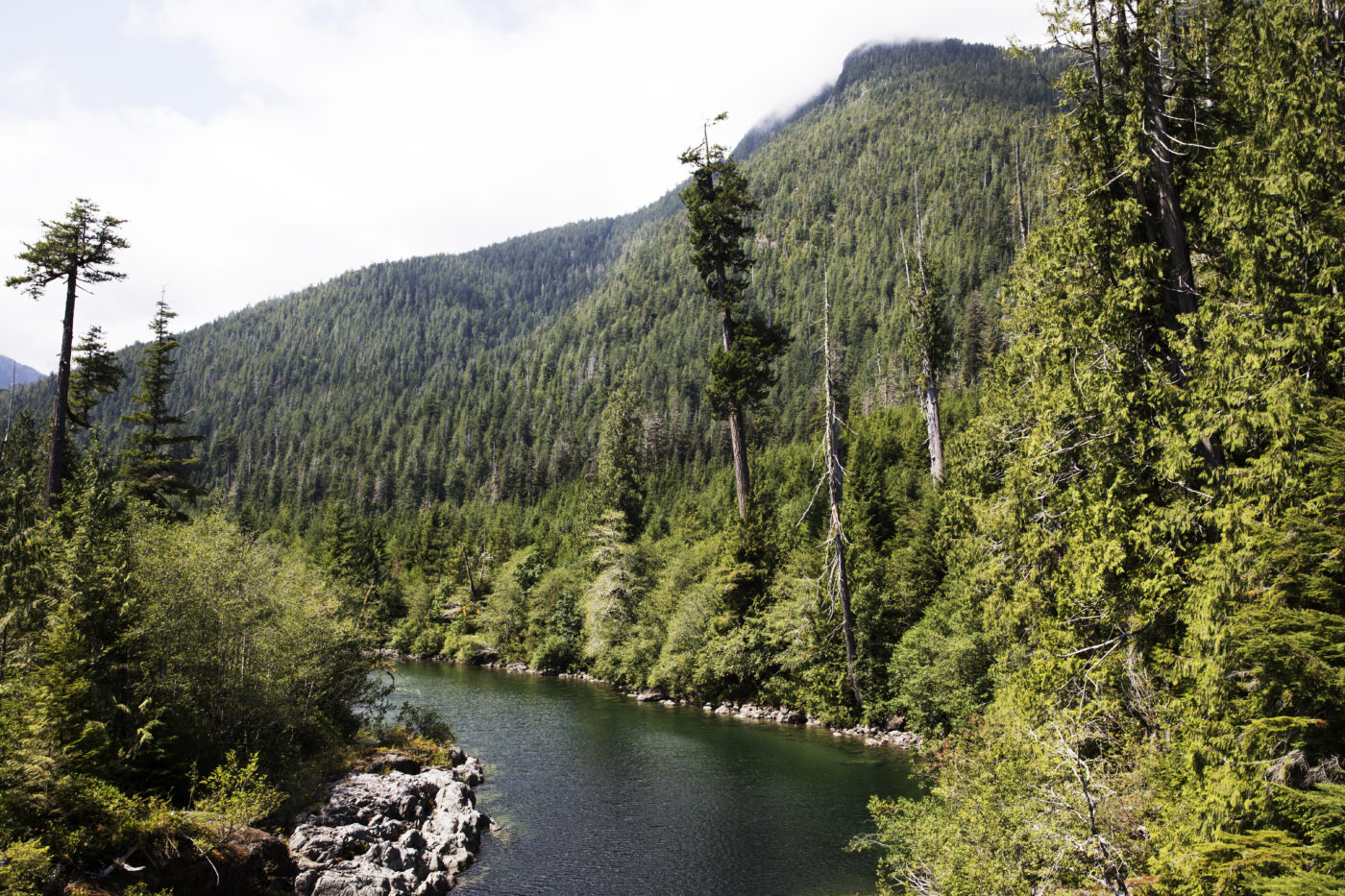

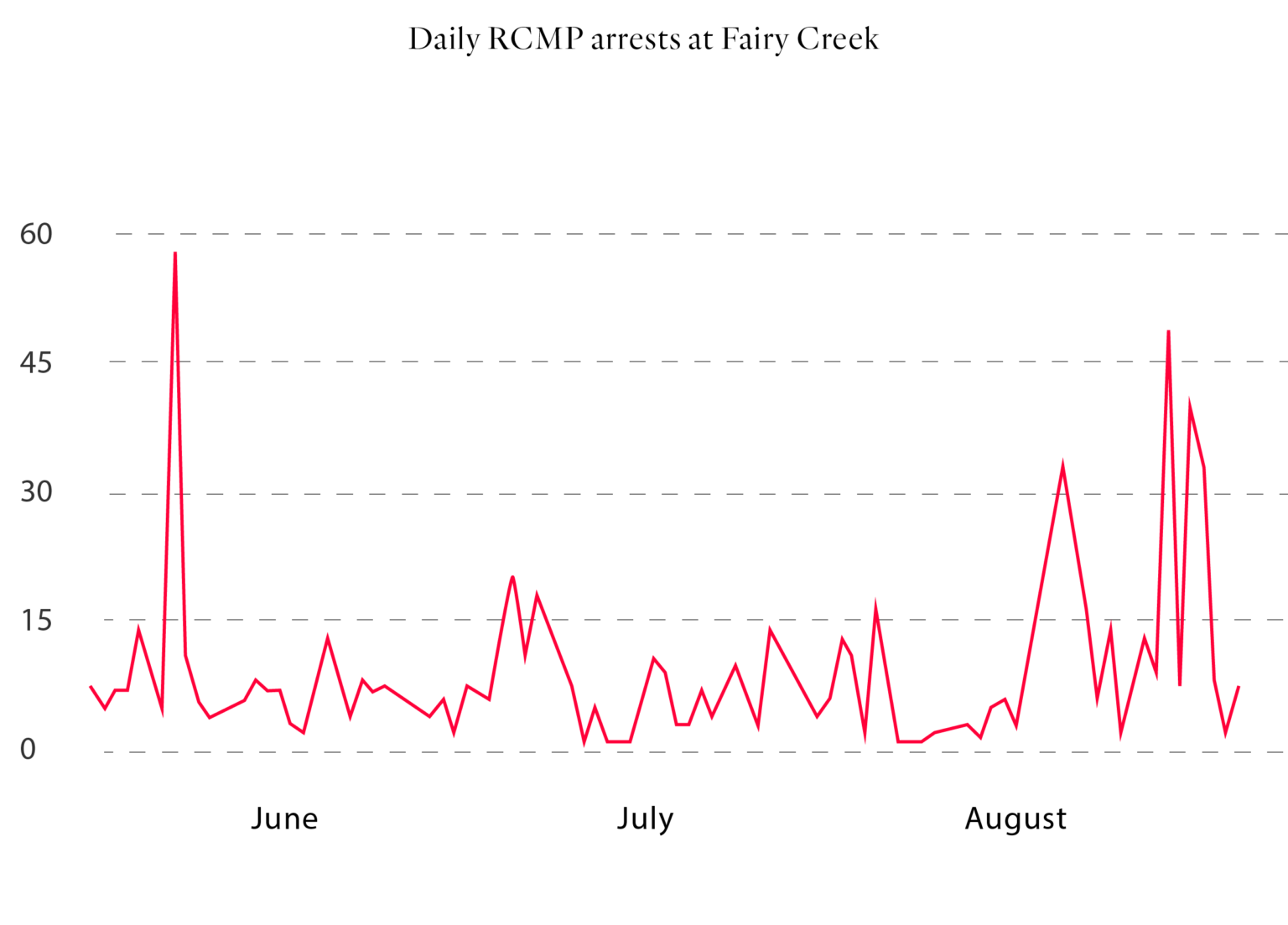

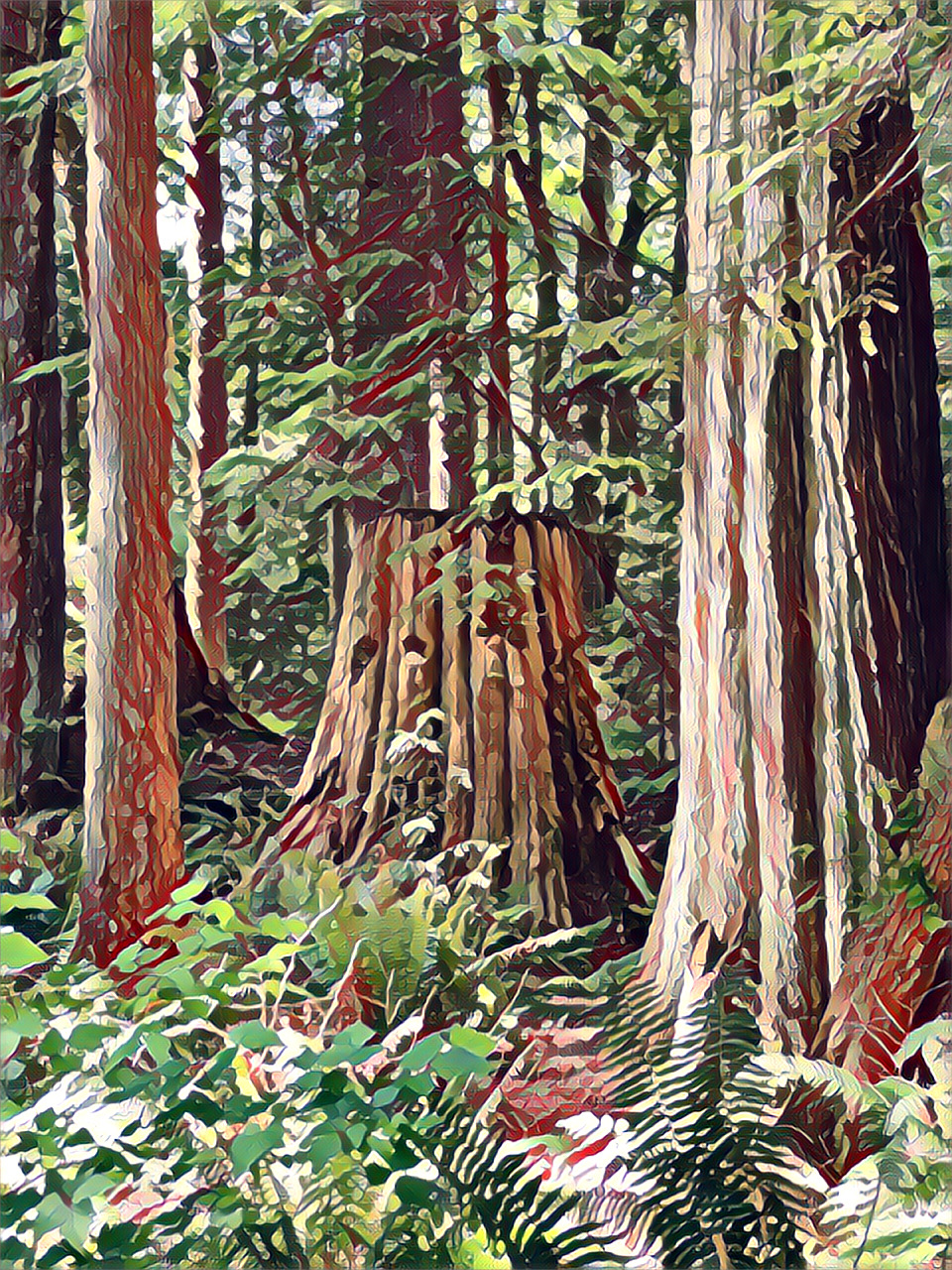 Last Saturday…Liberal candidate for North Vancouver and Minister of Environment and Climate Change Jonathan Wilkinson announced that, if elected, the Liberals will “move forward to help British Columbia protect old-growth forests” by establishing a $50-million fund and reaching a “nature agreement” with the B.C. government. The announcement …elicited a surprising response from many happy just to see any sort of announcement surrounding old-growth forests. Premier John Horgan and the B.C. government have been notably silent on the issue since the announcement of a two-year deferral in the contentious Fairy Creek area in June, even though the protests there have remained active. Wilkinson’s announcement subtly draws attention to Horgan’s silence. …The problem with Wilkinson’s promise, however, is that the federal government has essentially no jurisdiction over forest management in B.C. The province makes the rules when it comes to forestry, in addition to owning approximately 95 per cent of B.C.’s timber.
Last Saturday…Liberal candidate for North Vancouver and Minister of Environment and Climate Change Jonathan Wilkinson announced that, if elected, the Liberals will “move forward to help British Columbia protect old-growth forests” by establishing a $50-million fund and reaching a “nature agreement” with the B.C. government. The announcement …elicited a surprising response from many happy just to see any sort of announcement surrounding old-growth forests. Premier John Horgan and the B.C. government have been notably silent on the issue since the announcement of a two-year deferral in the contentious Fairy Creek area in June, even though the protests there have remained active. Wilkinson’s announcement subtly draws attention to Horgan’s silence. …The problem with Wilkinson’s promise, however, is that the federal government has essentially no jurisdiction over forest management in B.C. The province makes the rules when it comes to forestry, in addition to owning approximately 95 per cent of B.C.’s timber.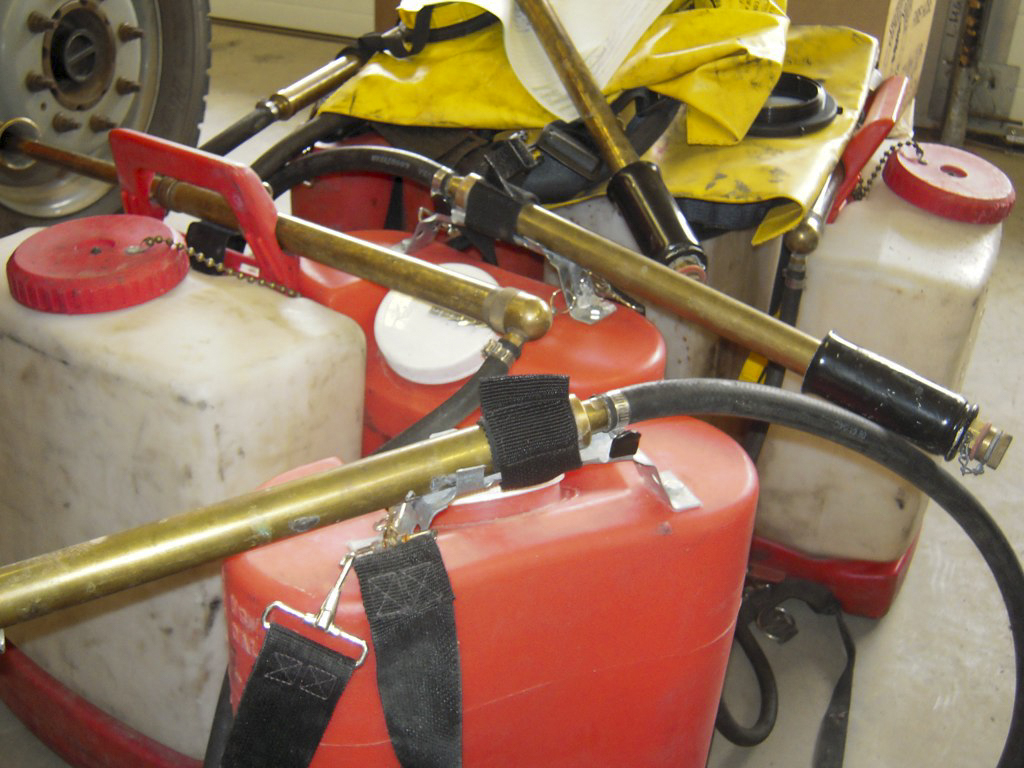 In 2017, a First Nation fire chief watched as wildfires caused significant damage to communities in British Columbia. …some 1.2 million hectares burned and roughly 65,000 people were evacuated. Shortly after, Ron Lampreau Jr. with the Simpcw First Nation attempted to bring forward an initiative called the Indigenous initial attack crew. …Last week, the nation signed an agreement with the BC Wildfire Service to bring the idea to life, a first in the province. …Part of his vision for the all-Indigenous crews is that they conduct prescribed burns in the cooler seasons. …Prescribed burns are one fire mitigation tactic that a University of British Columbia forestry professor Lori Daniels agrees with. …Daniels says prescribed burns are being done less in B.C. However, low-intensity surface fires are part of how ecosystems functioned in the past. …On Friday, B.C.’s premier announced the province will develop a “12-month-a-year approach” to be better prepared to fight wildfires…
In 2017, a First Nation fire chief watched as wildfires caused significant damage to communities in British Columbia. …some 1.2 million hectares burned and roughly 65,000 people were evacuated. Shortly after, Ron Lampreau Jr. with the Simpcw First Nation attempted to bring forward an initiative called the Indigenous initial attack crew. …Last week, the nation signed an agreement with the BC Wildfire Service to bring the idea to life, a first in the province. …Part of his vision for the all-Indigenous crews is that they conduct prescribed burns in the cooler seasons. …Prescribed burns are one fire mitigation tactic that a University of British Columbia forestry professor Lori Daniels agrees with. …Daniels says prescribed burns are being done less in B.C. However, low-intensity surface fires are part of how ecosystems functioned in the past. …On Friday, B.C.’s premier announced the province will develop a “12-month-a-year approach” to be better prepared to fight wildfires…

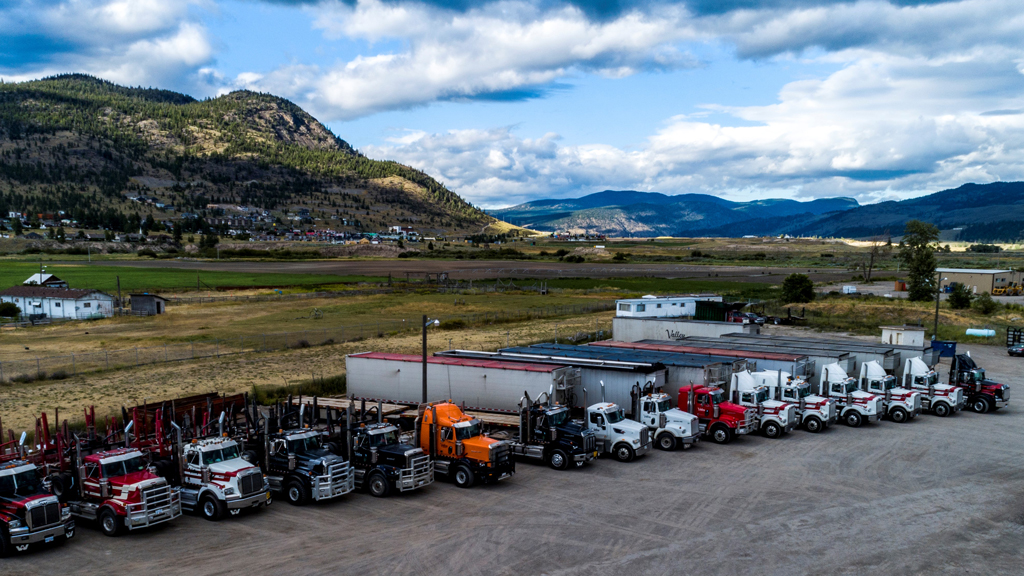

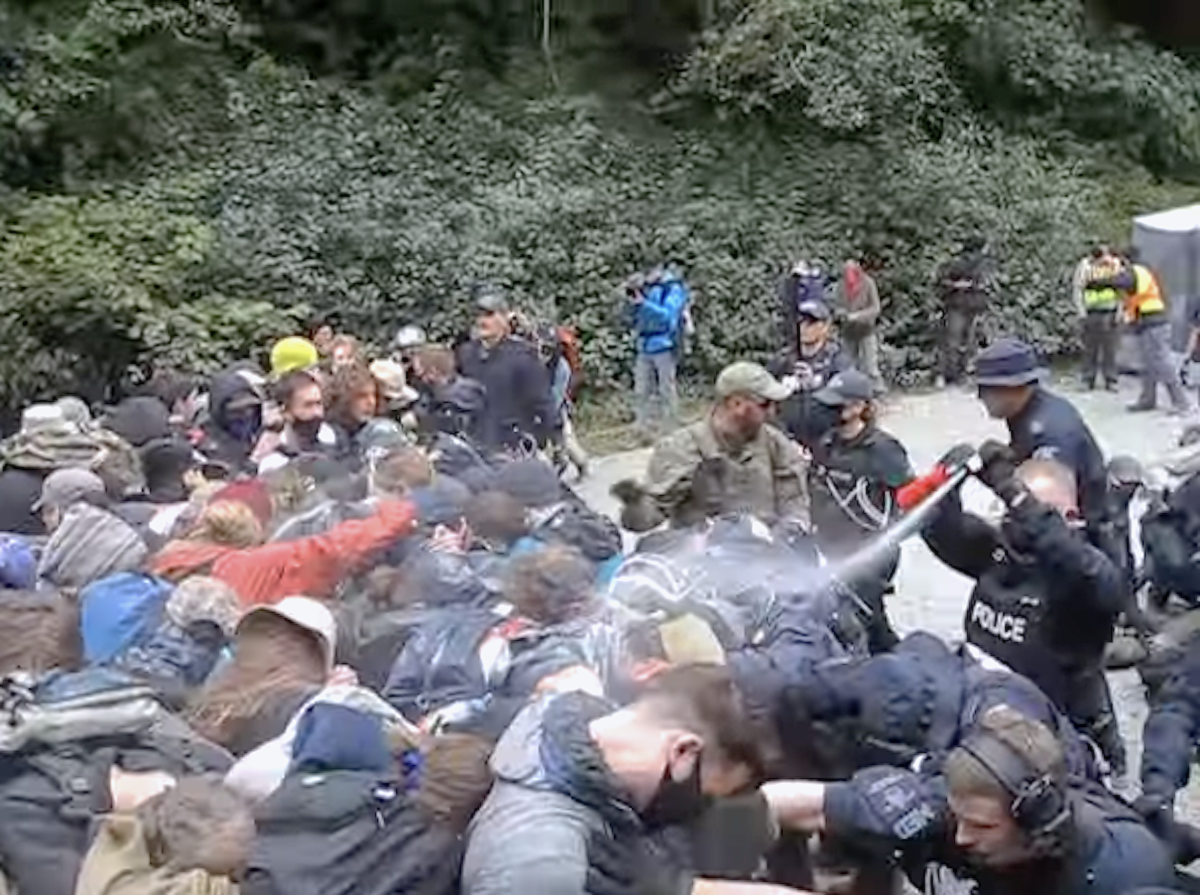
 We have developed this monthly newsletter to curate the good news stories we share throughout the province featuring FESBC-funded projects which are seeing excellent economic, social, and environmental benefits. Stories are shared in collaboration with our project partners and we’ve had the opportunity to share FESBC-funded project stories out of the Skeena, Vancouver Island and Okanagan regions this month in collaboration with the Habitat Conservation Trust Foundation. Our projects have been featured in provincial and national publications which help build social licence for the exceptional forest enhancement work throughout our province. In this month’s newsletter, learn about:
We have developed this monthly newsletter to curate the good news stories we share throughout the province featuring FESBC-funded projects which are seeing excellent economic, social, and environmental benefits. Stories are shared in collaboration with our project partners and we’ve had the opportunity to share FESBC-funded project stories out of the Skeena, Vancouver Island and Okanagan regions this month in collaboration with the Habitat Conservation Trust Foundation. Our projects have been featured in provincial and national publications which help build social licence for the exceptional forest enhancement work throughout our province. In this month’s newsletter, learn about:
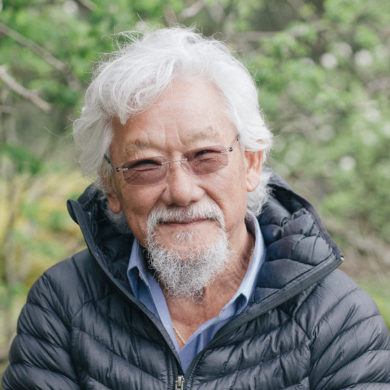
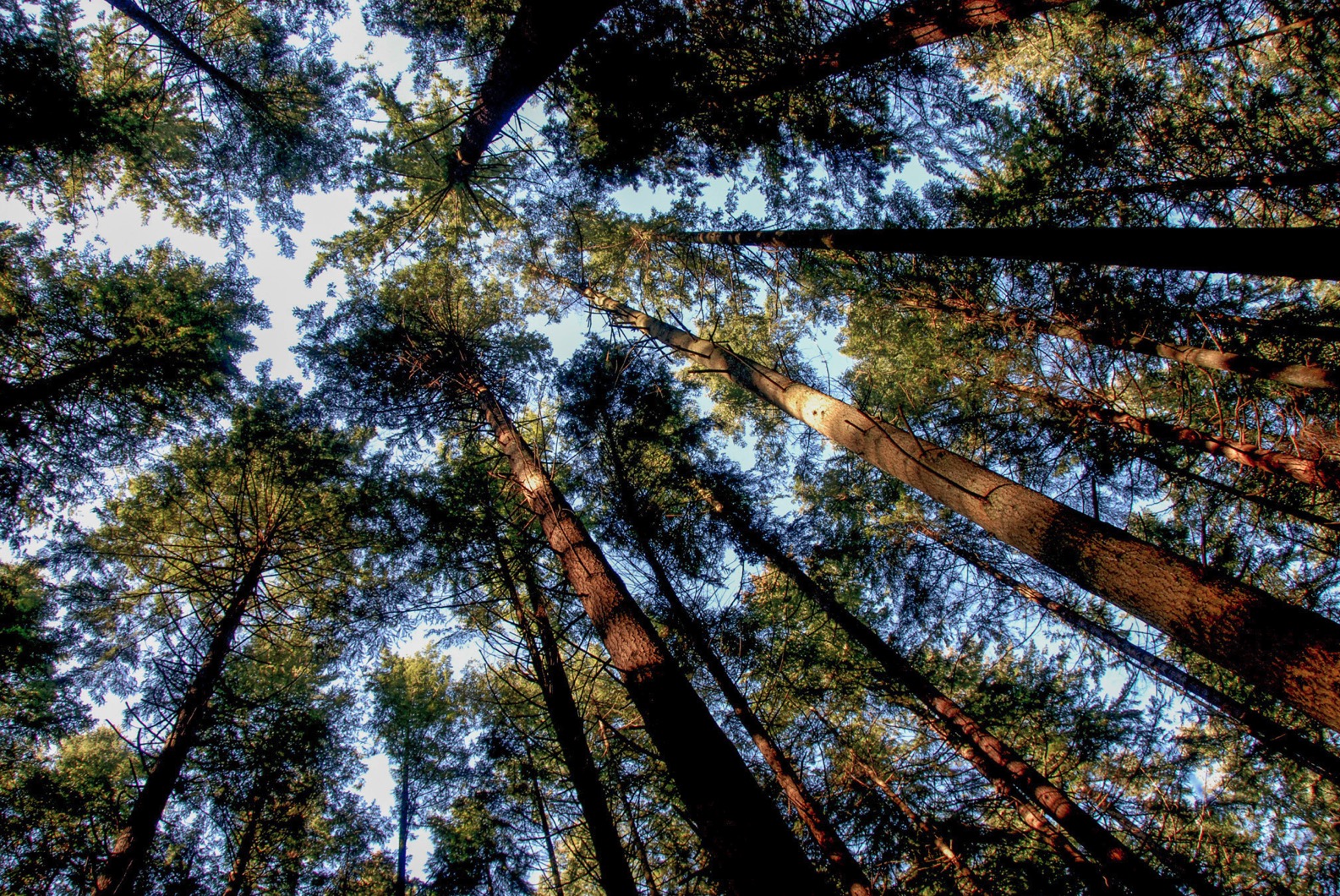 April Giroux’s heart is in a forest over 800 kilometres away from Nelson. Giroux has visited the Fairy Creek old-growth forest in southern Vancouver Island, a place she describes as though it were a part of her. “There is nothing like being on the West Coast and seeing those trees and being there and feeling what it feels like to have your feet on the ground under these towering cedars that are several thousand years old,” said Giroux. Giroux was among a crowd outside the Nelson RCMP detachment on Monday that demanded police stand down against people blockading forestry operations from entering the Fairy Creek watershed, one of several similar demonstrations held around the province. …Her husband Jackson Giroux said the protests are about more than just one watershed. Indigenous rights, and how land defence is enforced, are also at stake.
April Giroux’s heart is in a forest over 800 kilometres away from Nelson. Giroux has visited the Fairy Creek old-growth forest in southern Vancouver Island, a place she describes as though it were a part of her. “There is nothing like being on the West Coast and seeing those trees and being there and feeling what it feels like to have your feet on the ground under these towering cedars that are several thousand years old,” said Giroux. Giroux was among a crowd outside the Nelson RCMP detachment on Monday that demanded police stand down against people blockading forestry operations from entering the Fairy Creek watershed, one of several similar demonstrations held around the province. …Her husband Jackson Giroux said the protests are about more than just one watershed. Indigenous rights, and how land defence is enforced, are also at stake.

 Fourteen millimetres long and bright green in colour, the emerald ash borer may not look like a threat. But conservationists say the beetle could devastate Canada’s forests within the next few years if it isn’t contained. “It’s expanding its range,” said Andrew Holland, a spokesperson for the Nature Conservancy of Canada. “Once this beetle gets established in a certain area, 99 per cent of those ash trees will die within eight to 10 years.” Holland said the best way to stop the spread of the beetle is by limiting the transportation of firewood. “It just sort of gets around on movement of firewood in the nursery stock, branches, that type of thing,” said Holland. “It’s a hitchhiker and it can cause a lot of damage.” Jim Verboom, a co-owner of Nova Tree in Glenholme, N.S., has been in the lumber industry for 40 years.
Fourteen millimetres long and bright green in colour, the emerald ash borer may not look like a threat. But conservationists say the beetle could devastate Canada’s forests within the next few years if it isn’t contained. “It’s expanding its range,” said Andrew Holland, a spokesperson for the Nature Conservancy of Canada. “Once this beetle gets established in a certain area, 99 per cent of those ash trees will die within eight to 10 years.” Holland said the best way to stop the spread of the beetle is by limiting the transportation of firewood. “It just sort of gets around on movement of firewood in the nursery stock, branches, that type of thing,” said Holland. “It’s a hitchhiker and it can cause a lot of damage.” Jim Verboom, a co-owner of Nova Tree in Glenholme, N.S., has been in the lumber industry for 40 years. 
